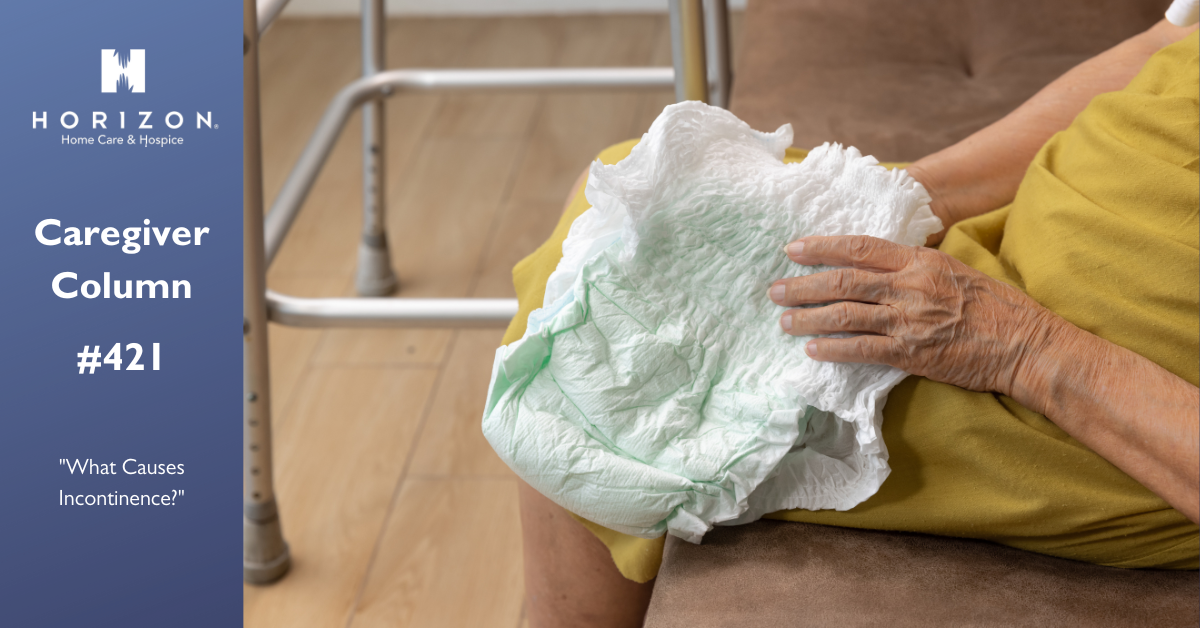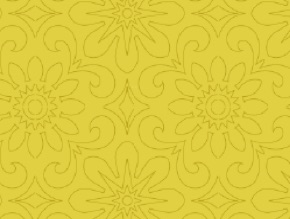What Causes Incontinence?

Question
"Why do so many old people wet themselves? It’s puzzling to me and probably many others. Please write about this.
Lately, my 85-year-old mother has been having “accidents” and we cannot for the life of us figure out why. She never had a problem in the past. It’s really hard to get that smell out of chairs or beds.
We need some advice here. We don’t want to embarrass Mom, but this needs to change."
Answer
Urinary incontinence in the elderly is a common problem, and there are several reasons why.
One big reason for incontinence in older women is deconditioning. The bladder is a vessel that holds wastewater. The only thing preventing it from leaving the body continuously is a round muscle called the sphincter. The sphincter is small and like a dam holding back a lake. The fuller the bladder, the more important it is that the sphincter (dam) is strong. Frequently as we age, our activity level drops and the pelvic muscles, like all other muscles in the body, get less of a work out. A weak sphincter means accidents or some urine loss.
Another potential problem is a bladder infection. Urinary tract infections are more problematic for the elderly and accidents may be the warning sign. A quick urine culture could provide the answer to that possibility.
A common issue for older adults is urgency caused by diuretics--commonly called water pills. Diuretics are great at pulling fluid from an overworked circulatory system and relieving pressure on the heart. What they also do is cause one to urinate frequently and, for some, urgently. Incontinence can be a problem for that group.
Sometimes constipation is an issue because an over-full colon places pressure on the bladder.
There can be other clinical reasons for incontinence with your mother though, but without some exploration it’s only possible to speculate. The most important thing you can do right now is collect an accurate history of the issue and take your mother to her doctor. Incontinence is not normal, ever. It is either a symptom of some disease or the result of another, unless it’s related to deconditioning. The good news is that it often can be helped. Do your best to get the details from your mother so you’re able to present an accurate picture of the problem for the doctor.
Ask questions like the following:
- How often are you urinating / having accidents?
- What activities are you doing when you have an accident?
- What time of day does this usually happen?
- Is there any pain when you urinate?
- Do you have any urgency?
- Does it feel like your bladder empties when you urinate?
In the meantime, protect surfaces that cannot be washed. There are numerous suggestions on the Internet for ways to clean urine stains. You may also want to get her protective pads to wear for now.
Discussing incontinence can be a touchy and embarrassing subject. Forge ahead anyway and help your mother find a solution. I wish you well on this journey and hope for a successful outcome. Everyone will be happier when you arrive at a solution.
About this Post
Posted 06.24.2023





